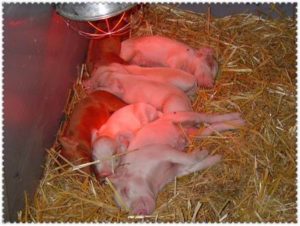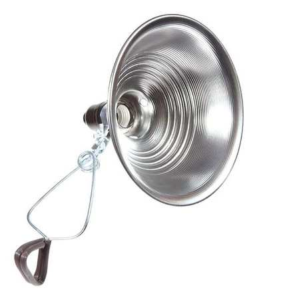Safety Focus: Heating Units
- 2017-01-03
- By cschinzel
- Posted in 4-H, Family & Consumer, Livestock

As the winter season approaches, we start to turn on additional heating units for the house, barn, shop, and water sources. These devices can be a great resource for keeping us warm, preventing broken appliances and pipes, and ensuring that our livestock are warm and have a continuous supply of water. However, there are associated risks with using heating devices for humans and livestock which include: fires, electrical shock, poisonous fumes, injuryor death, and loss of buildings and equipment. The following is a checklist to review each season for each heating device.
Electrical & Maintenance:
-Check all electrical wiring, outlets, and breaker boxes to ensure they are working properly and there are no exposed wires. Check all heating unit cords for breaks in the wiring and bad plugs.
-Ensure all heating units run properly and there are no obvious sparks during start up or running of the unit.
-Remove debris and hazardous materials from direct heating areas and create a three foot zone around the device.
-Ensure all units are attached properly to the wall or ceiling or that they are stabilized if freestanding.
-Ensure all buildings have carbon monoxide detectors, smoke alarms, and fire extinguishers.
All should be checked for battery life and tank fill according to directions.
-Develop and update an evacuation plan for homes and buildings and work with your local fire department to set up procedures for fires in remote service areas.
Water Tanks:
-Check automatic waterer heating elements for maintenance and order parts to keep in stock.
-Check electrical grounding of all stock tanks withtank heaters.
-Test the water in the tank with a proper electrical tester once the heater has been placed in the tank to ensure there is no electrical current.
-Encase all cords in pipe and secure heating units so animals cannot remove or chew on wires.
Stoves and Chimneys:
-Clean all stoves and chimneys before starting and ensure your ash disposal containers are in good working condition as well.
-Verify that all covers and vents are in good working conditions.
Resources:
http://www.farminnovators.com/catalog/Deicer%20buying%20guide%20and%20application%20chart.pdf
http://www.nfpa.org/public-education/by-topic/top-causes-of-fire/heating/heating-safety-tips
https://www.usfa.fema.gov/prevention/outreach/he


